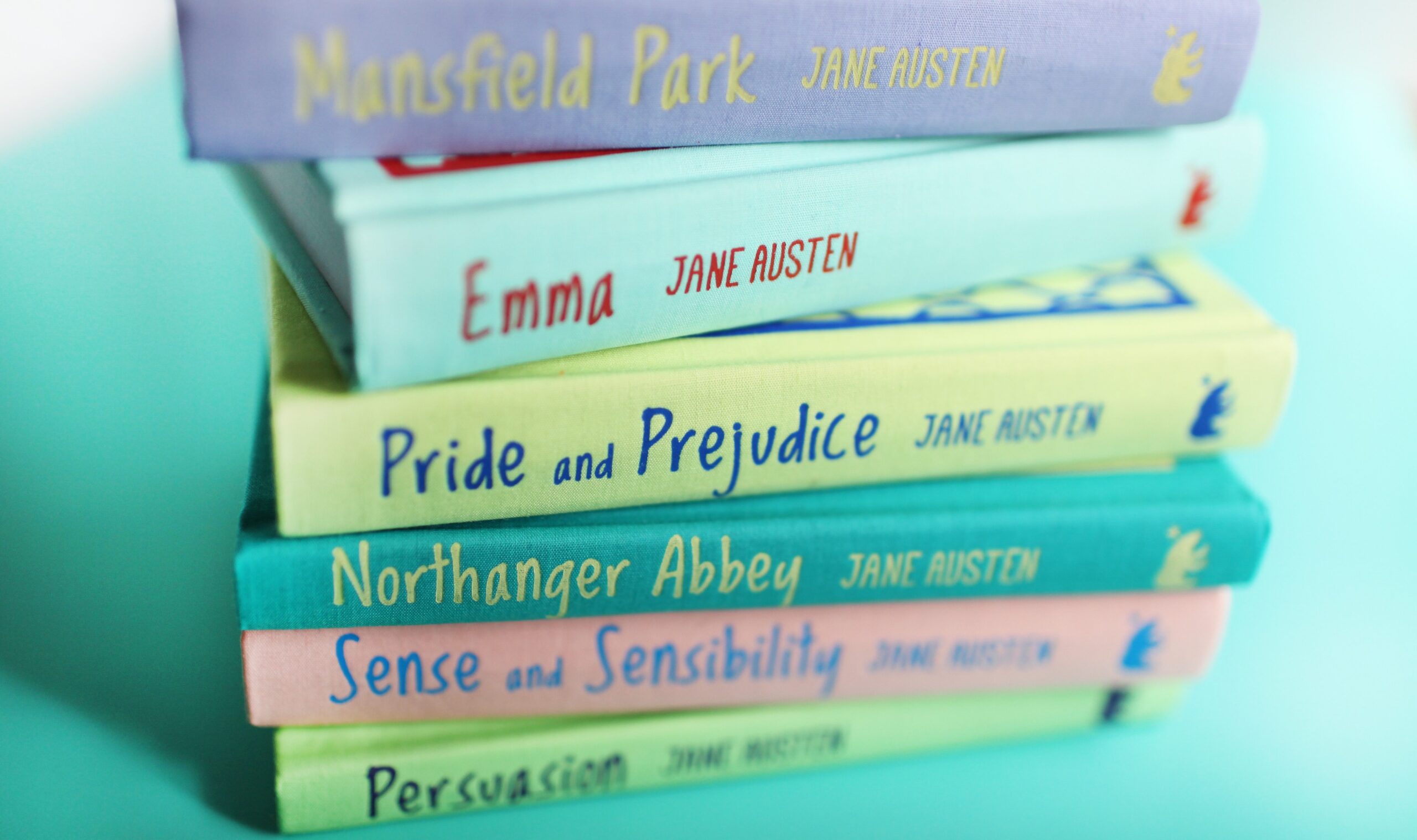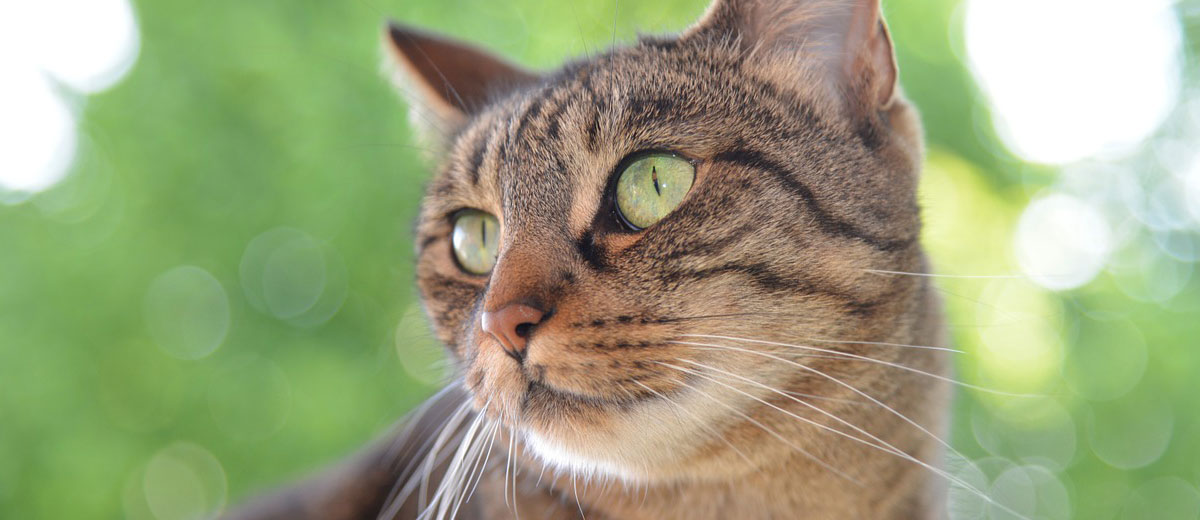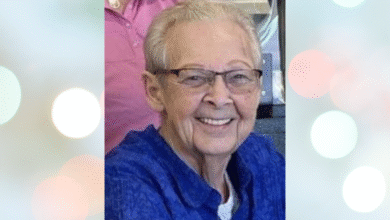
A recent online magazine shared a roundup of one-star Goodreads reviews for novels by women, telling readers they aren’t worth their time. While not every book is for every reader, why call out women writers? Why not just say these books aren’t worth your time (if they feel the need to even use that title, which, in my opinion, isn’t really necessary)?
Overall, if you ask me, it’s a site that gives many mixed messages (I’m not listing the site because it doesn’t deserve the clicks). It labels itself as a site dedicated to women’s empowerment and other related topics, but when you visit the site, the first article to pop up tells women how they can make men fall in love with them in three little words, and “how to make him feel like a man (without losing your power).”
Which made me think that times really haven’t changed at all, and that Jane Austen knew this “world” well. During her lifetime, her novels were published without her name. Sense and Sensibility was credited simply to “A Lady.” Pride and Prejudice followed as “By the Author of Sense and Sensibility.” She didn’t use a male name directly, but the effect was the same, writing anonymously allowed her to publish without attracting personal judgment or backlash.
In her time, publishing as a woman carried risks. Writing for money could damage a woman’s reputation, especially if she came from a respectable family. Anonymity gave her the freedom to critique marriage, class, and gender expectations without being accused of overstepping. Her success was based on the strength of the work, not the name attached to it.
And now, here we are… still. Centuries later, many women feel the pressure to hide or soften their authorial identity. Some are told to use initials. Others are warned that certain genres are “too niche” if they focus on domestic or emotional lives. The platforms have changed, but the quiet bias remains.
The reaction to those Goodreads reviews might seem trivial, but it’s part of a larger, ongoing pattern: women’s writing is still too often dismissed, unless it comes packaged in a way that makes it easier to take seriously. It’s eye-opening to see that Jane had to navigate that world carefully, and today, as women writers, we still have to.


































